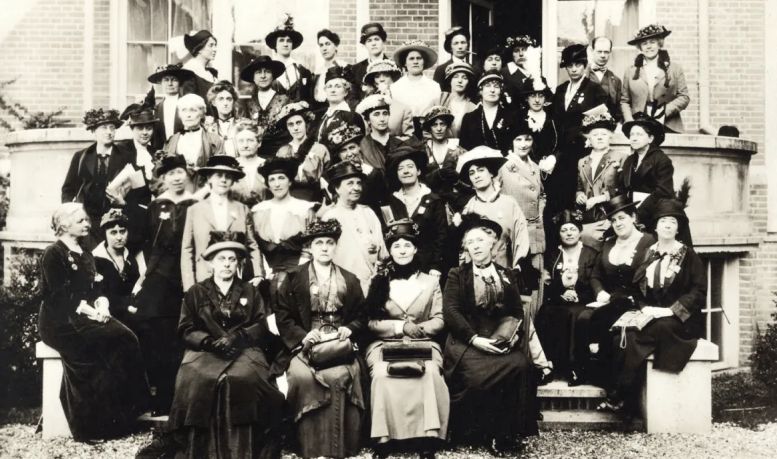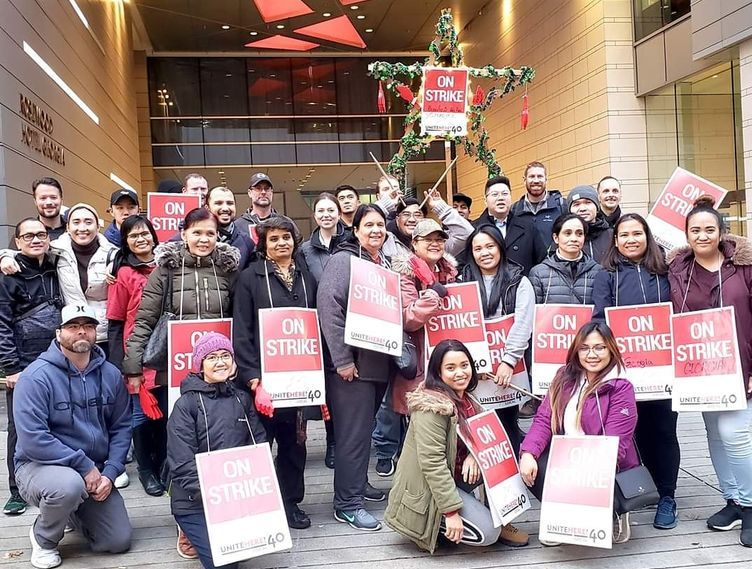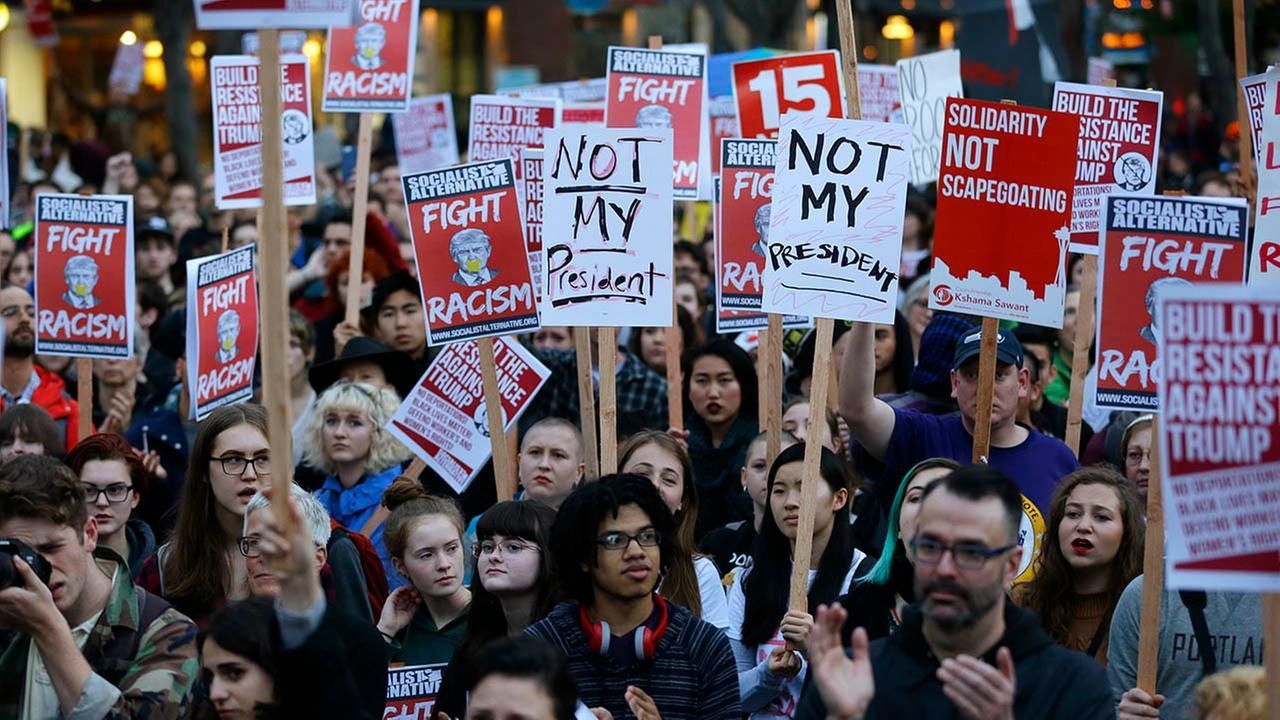Women can never be free until the threat of violence is lifted from their lives. Whether violence stems from the brutality of war, from political activism or from their everyday lives — at work, in schools, on the streets or at home — violence is pervasive in the lives of many women.
The International Day for the Elimination of Violence Against Women on November 25 was established in 1981 to honour the Mirabal sisters, three feminist political activists from the Dominican Republic who were brutally murdered in 1960 by order of the country’s dictator, Rafael Trujillo. The scourge of gender violence is systemic and built into the institutions of capitalist societies.
There is increasing attention to violence against women. This past year has seen right-wing attacks on reproductive rights and on trans-women. There was an explosion of domestic violence during the pandemic and a rise in online, misogynistic characters influencing young men. Rape has been used a weapon of war for millennia.
Although these issues are pervasive in society, that does not mean they are natural or unavoidable. Women’s oppression is part and parcel of class society. A major shift in women’s roles took place during the transition from subsistence to agricultural-based economies — the beginnings of class society. Previously women held respected and equal status in their communities. The accumulation of surpluses that agricultural production made possible led to the desire of the rich to pass on property to the next generation and so the need to identify the progeny, to inherit this property. Women and children increasingly were seen as property; and the roles of women and men were structured to serve this purpose. In addition to women’s reproductive capacity, women raised children and maintained the household.
As agriculture expanded, the demand for more land grew and class society took on imperialist and colonial features. Wars and invasions acquired more land and resources and pushed existing peoples off their land. The industrial revolution and capitalism accelerated this process. Capitalism also spurred progress in material well-being for many people, and scientific and technical leaps. Today, most women have access to education, employment and a degree of financial freedom. But one thing remains the same: women’s oppression.
Women have fought against oppression and violence and have played a critical role in movements for peace and justice. When the leaders of the international working class voted for the slaughter of WWI, socialist feminist Clara Zetkin organized a women’s peace conference in 1915. At it, she stated, “The workers have nothing to gain from this war, but they stand to lose everything that is dear to them.”
The same is true of war today. In 2002 a United Nations’ report said that women and girls were particularly vulnerable as “contemporary armed conflict exploits, mains and kills civilians more callously and systematically than ever before.” Women and girls account for 80 percent of internally displaced people and refugees worldwide.
The interconnection of capitalism, colonialism and imperialism underlies much of oppression in today’s world. As long as capitalism remains, women, girls and trans women will continue to exist under the thumb of class and sexist exploitation.
Women’s movements have struggled for and won reproductive rights, maternity leave, the right to divorce, and fair labour laws. Under capitalism, the ruling class tries to push back these rights and women must resist. Women’s movements for peace and political freedom are even tougher to achieve, if not impossible under capitalism. That is why winning a different kind of system —socialism — is the only way to win peace. As Clara Zetkin said in 1914: “And our women must moreover seek to awaken the Socialist spirit, the proletarian class solidarity, in those they are helping; for let it be remembered that all the loving help and relief are in themselves incapable of shaking the foundations of capitalist society.”



